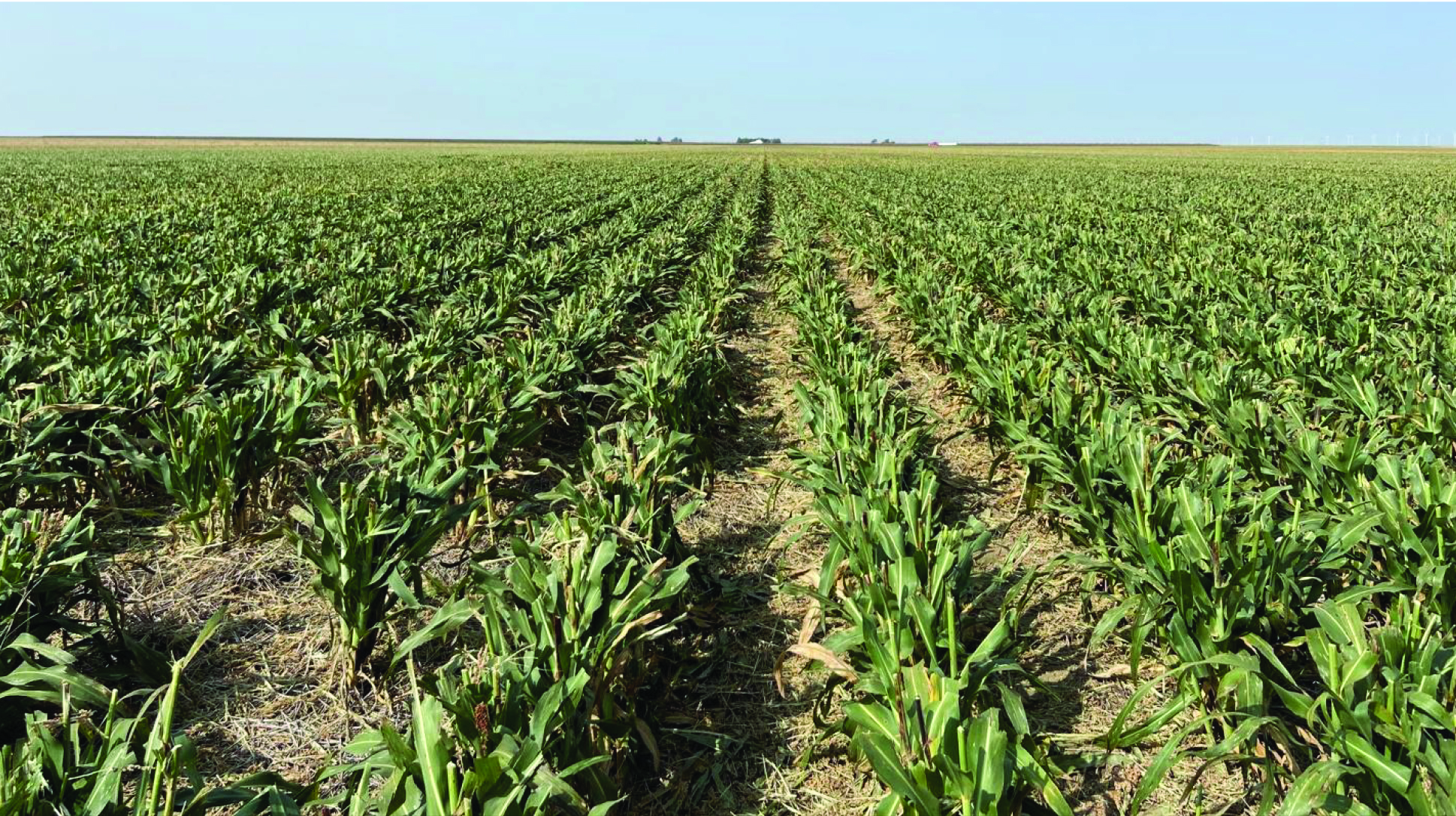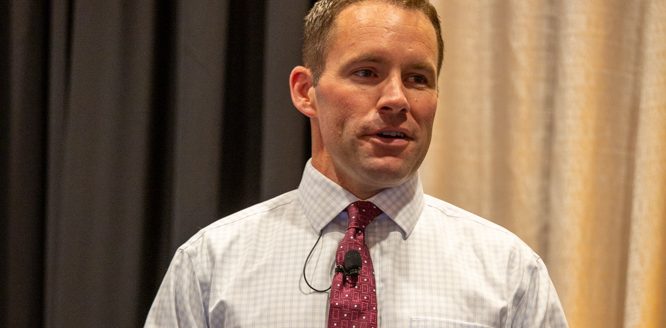Anyone who is involved with agriculture, whether it’s growing crops or forages, or livestock, knows drought is a huge stressor. A program in Colorado is aiming to help producers better prepare for drought or even more limited water conditions.
Officials want more favorable outcomes for those in ag—both from a production standpoint and an economic one.
The Colorado Ag Water Alliance hosted a webinar recently about their grant program that’s currently accepting applications. CAWA Executive Director Greg Peterson detailed the program that is wrapping up its first year of drought resilience projects. Peterson said a little over a year ago, CAWA was approached to be the face of this program and do outreach in the ag community. It’s not just another grant program they say.
“Really what I found and I think others in the ag community is that a lot of our current existing grant programs are really difficult to access,” he said. “You either don’t have the capacity or the time to apply, manage grant reports, invoices. That whole process can be a real obstacle.”
Many existing grant programs are geared toward large projects, and if you have something on the smaller side—$5,000 to $15,000—there’s many grant program officials who may believe it’s not worth their time to pay staff to process that.
Peterson said he gets contacted at least once a day asking for help with a grant process. The group will help the applicant with the forms needed and offer any advice they need along the way.
It’s important to get the ideas out there and to test the things that could be answers to drought problems. Peterson said they’re trying to fund what they call “innovative drought ideas.” For him, innovative is hard to define, but he can tell you what the program isn’t.
“We don’t have funding for sprinklers, drip irrigation, lighting and piping ditches and laterals,” he said. “I wish we had that kind of money. That is that sort of pay grade bigger than what we have.”
But there is funding for those sorts of things elsewhere, and it can be a long process to get them, but CAWA can help finding those resources if necessary.
“But this is more for what we’re trying to find these innovative ideas,” Peterson said. “Because at the end of the day, we don’t want to just fund a handful of projects. That’s not the goal here. The goal here is to fund projects where we can collect data and demonstrate does this practice is this practice help you in drought?”
And is it profitable.
“That’s a real key part of this because our goal is to scale these up,” he said. “We don’t want to just have a program that impacts 30 or 40 individual operations in the state. We want to really identify practices that we can scale up over entire regions.”
Currently they are actively requesting proposals for the program, and really trying to develop specific plans and collecting data from every project.
There’s about 30 sponsored projects currently, a few of which are multi-year projects.
CAWA is also looking at a couple of new projects for the year and those have fit into a couple different categories. One being alternative crops.
Peterson said there’s been a lot of conversation around crops that are profitable and that use the same or less water, and are more drought tolerant. Several projects this year included kernza, a perennial wheat project, some small grains, and sainfoin.
“We need to be trying these projects all over the state in different altitudes, different climates,” he said. “Some of these aren’t going to work, and that’s okay. We’re going to see if we spend $5,000 or $10,000 on a project and we learn that crop is not going to work here. That’s a great lesson to learn.”
When the group starts seeing great results over a number of years, Peterson said it will be an important step.
“That’s our long-term goal with this project,” he said.
For more information about the program visit www.coagwater.org/drought-resiliency-projects.
Kylene Scott can be reached at 620-227-1804 or [email protected].




